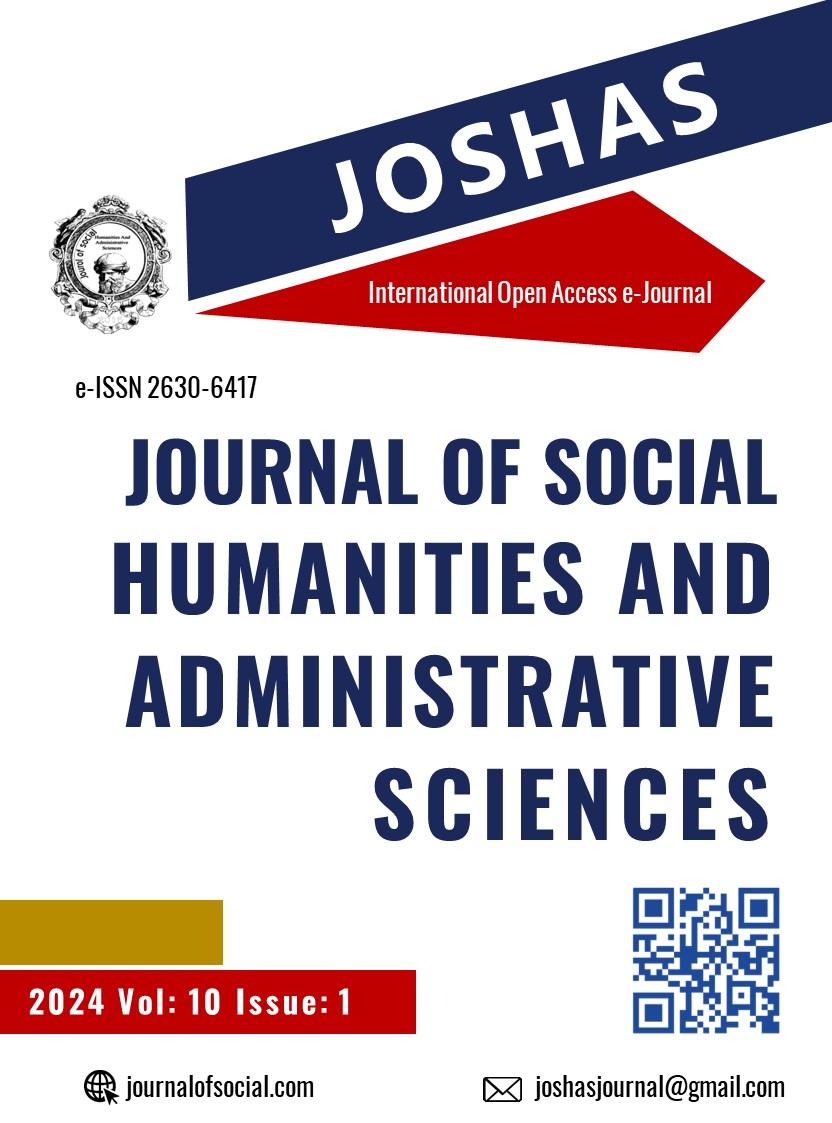Author :
Abstract
Beden eğitimi, öğrencilerin fiziksel, motor, sosyal ve duygusal gelişimine katkıda bulunan önemli bir ders alanıdır. Bu makale, beden eğitimi öğretmenlerinin öğrenci performansını değerlendirmek ve gelişimlerine rehberlik etmek için kullandıkları ölçme ve değerlendirme yöntemlerine odaklanmaktadır. Makale, beden eğitiminde belirlenen amaçların ve hedeflerin önemini vurgulayarak başlamaktadır. Öğrencilere belirli beceri düzeylerini kazandırmak, fiziksel uygunluğu artırmak ve genel sağlığı geliştirmek gibi hedefler, öğretmenlerin ölçme ve değerlendirme süreçlerini şekillendiren temel unsurları oluşturur. Fiziksel uygunluk ölçümleri, beden eğitiminde yaygın olarak kullanılan bir değerlendirme aracıdır. Aerobik kapasite, esneklik, kas kuvveti gibi faktörler, öğrencilerin genel fiziksel durumunu belirlemek için çeşitli testlerle değerlendirilir. Bunun yanında, motor beceriler de öğrencilerin hareket yeteneklerini değerlendirmede önemli bir rol oynar.
Son olarak, makale beden eğitimi öğretmenlerine, ölçme ve değerlendirme süreçlerini bireysel farklılıkları göz önünde bulundurarak adil ve etkili bir şekilde uygulamaları konusunda rehberlik eder. Bu, öğrencilerin sadece fiziksel becerilerini değil, aynı zamanda sosyal ve duygusal gelişimlerini desteklemeye yönelik bir yaklaşımı vurgular. Bu makale, beden eğitimi öğretmenlerine öğrenci gelişimine odaklanan ve kapsamlı bir değerlendirme süreci sağlayan önemli stratejiler sunmaktadır.
Keywords
Abstract
Physical education is an important subject that contributes to the physical, motor, social and emotional development of students. This article focuses on the measurement and evaluation methods that physical education teachers use to evaluate student performance and guide their development. The article begins by emphasizing the importance of goals and objectives set in physical education. Goals such as providing students with certain skill levels, increasing physical fitness and improving general health constitute the basic elements that shape teachers' measurement and evaluation processes. Physical fitness measurements are a widely used assessment tool in physical education. Factors such as aerobic capacity, flexibility, and muscle strength are evaluated through various tests to determine the general physical condition of students. In addition, motor skills also play an important role in evaluating students' movement abilities.
Finally, the article guides physical education teachers to implement measurement and evaluation processes fairly and effectively, taking into account individual differences. This emphasizes an approach to supporting not only students' physical skills, but also their social and emotional development. This article provides physical education teachers with important strategies that focus on student development and provide a comprehensive evaluation process.





